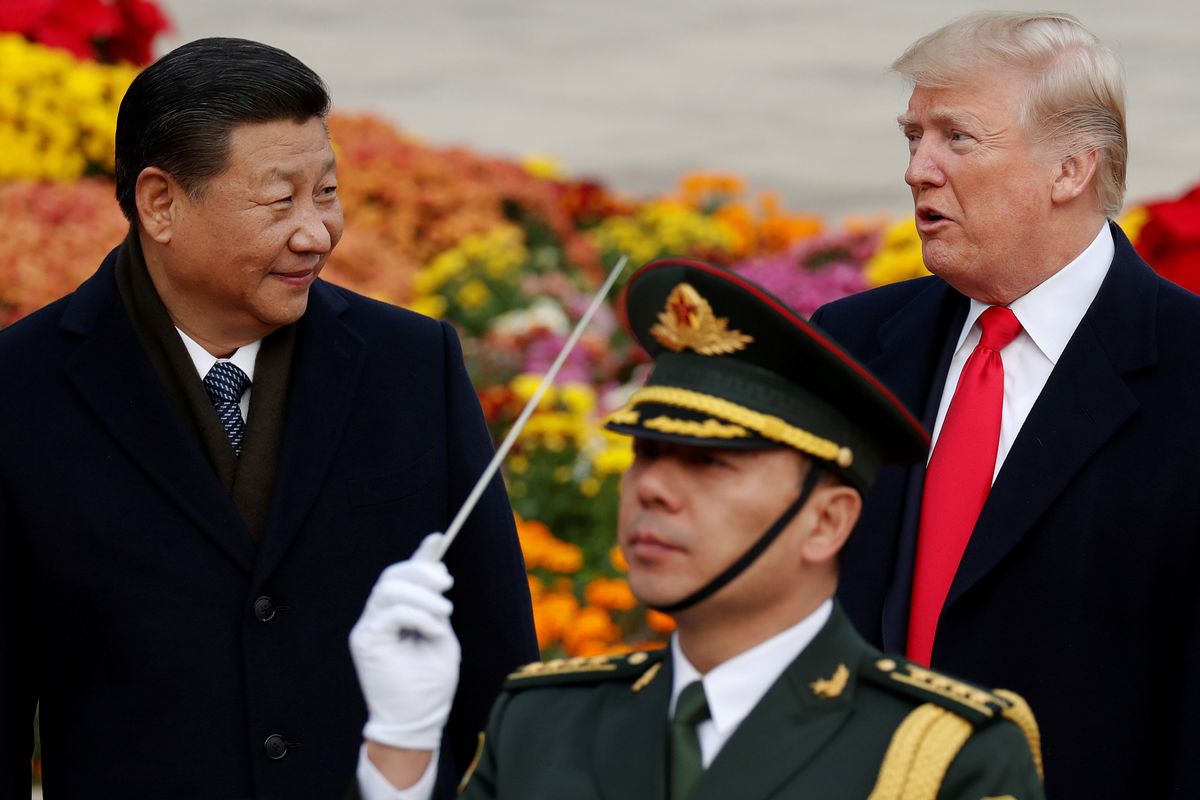Last week, the Trump administration put a "knife to China's throat" in the two countries' ongoing trade dispute, and yesterday things only got worse.
China announced it would increase tariffs on $60 billion worth of goods imported from the US. Not to be outdone, the Trump administration readied its own fresh tariffs on the remaining $300 billion in Chinese exports not currently subject to increased duties. That's a move that could cut as much as 1.2 percentage points off of China's GDP.
Not surprisingly, all of that pushed markets into another tailspin, over concerns that the trade tussle between the world's two largest economies won't ease up any time soon.
With Trump prepared to really get serious, what else can China do to fight back?
China has already nearly reached the limit of US goods on which it can impose additional tariffs. But there are plenty of other ways that China could grab Trump by the… economy.
Here's how things could really get nasty:
Trade war 2.0: So far, Beijing has declined to place tariffs on certain US goods—like crude oil and Boeing 747s—that are tough for China to replace. But in recent months it has reduced its purchases of US crude and may soon cut back further on other key commodities, like soybeans. China could also instruct its customs officials to give importers of goods produced in the US – such as luxury cars or produce – an extra hard time at the border in ways that are legal in practice but clearly politicized in spirit.
Singling out US companies in China: It could also make life much more difficult for US companies that produce and sell in China. For example, around 40 percent of Apple's sales today come from Greater China, which includes mainland China, Taiwan, and Hong Kong. GM has a joint venture in China, where it sells more vehicles than anywhere else in the world. China could implement new regulations on these companies or move to subsidize their competitors, inflicting pain on some of the titans of America, Inc.
The nuclear option: A more severe step would see Beijing threaten or even move to dump some of its $1.2 trillion holdings of US government debt, a possibility mentioned Monday by the editor of The Global Times, the Communist Party's mouthpiece. That would send US interest rates—the cost the government pays to borrow and finance its spending—soaring and could inflict a major shock on America's financial system more broadly. But by the same token, it could just as easily imperil China's economy, the main reason Beijing hasn't made good on this threat.
China, in sum, has lots of ways it could hurt the US – but each would carry its own risks and blowback. These, for China, are the tradeoffs of a trade war.





